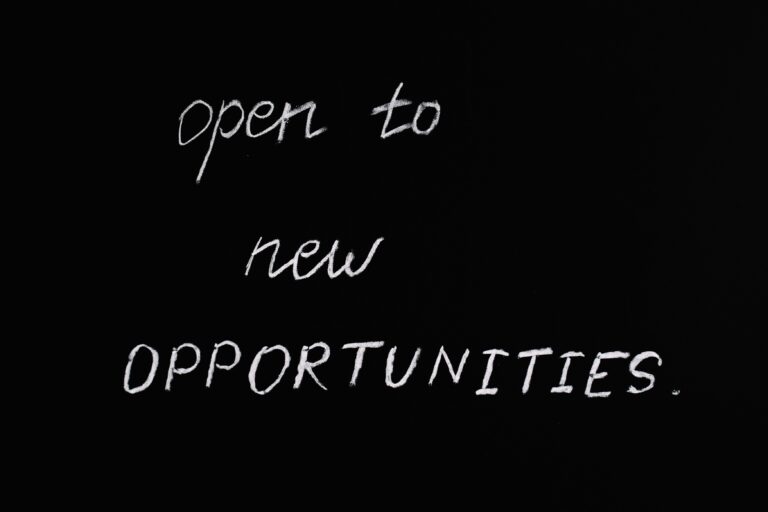Best Business Books for Entrepreneurs in 2023
Introduction
With tons of books for business out there, it can be hard to figure out what you should read. My job is to go through hundreds of business books every year, so I’ve picked some of my favorite books that are perfect for entrepreneurs going into 2023.
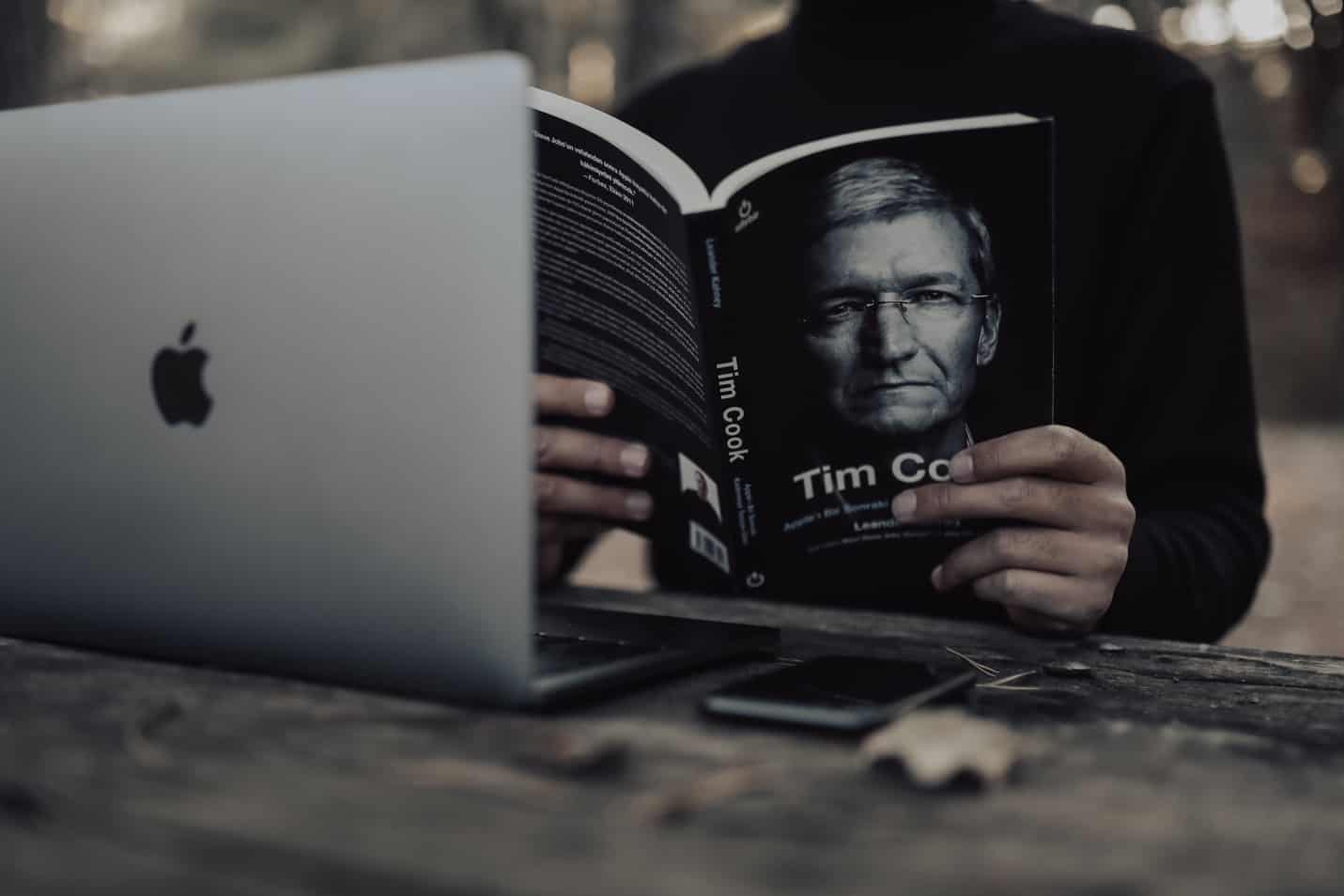
The Lean Startup
“The Lean Startup” by Eric Ries: This book is a must-read for any entrepreneur looking to build a successful business. It provides a framework for developing and testing new products or services in a way that minimizes risk and maximizes success. The Lean Startup method is based on the idea that startups can create and iterate on a product or service through a series of small, rapid experiments rather than relying on lengthy business plans.
According to Ries, the traditional approach to starting a business – writing a comprehensive business plan and seeking funding to bring a fully-fledged product or service to market – is often flawed. This is because it assumes that entrepreneurs can accurately predict what customers want and what will work in the market, which is often not the case.
On the other hand, the Lean Startup method is designed to help today’s entrepreneurs test their assumptions about their product or service early on and make rapid adjustments based on customer feedback. This allows them to iterate on their product or service until they find a successful business model.
The book also introduces the concept of a “minimum viable product,” or MVP, a version of a product or service with just enough features to be viable and can be used to test market demand. This allows entrepreneurs to gather valuable feedback from early customers and use that feedback to improve their products or service.
Overall, “The Lean Startup” is a valuable resource for entrepreneurs looking to build a successful business, as it provides a framework for developing and testing new products or services to minimize risk and maximize success.
The 7 Habits of Highly Effective People
“The 7 Habits of Highly Effective People” by Stephen Covey is a classic self-help book that has been widely popular since its publication in 1989. It provides practical advice for achieving personal and professional success and has been applied to various fields, including business, leadership, and personal development.
The book’s 7 habits include:
- Be proactive: This habit encourages individuals to take responsibility for their own lives and actions rather than reacting to circumstances or waiting for others to solve problems.
- Begin with the end in mind: This habit encourages individuals to set clear goals and priorities and think about their actions’ long-term consequences.
- Put first things first: This habit encourages individuals to prioritize their tasks and activities and focus on the most important things.
- Think win-win: This habit encourages individuals to seek mutually beneficial solutions to conflicts and problems rather than viewing situations as zero-sum games.
- Seek first to understand, then to be understood: This habit encourages individuals to listen actively and empathetically to others and to seek to understand their perspectives before trying to persuade them.
- Synergize: This habit encourages individuals to work together and leverage the strengths of others to achieve more significant results.
- Sharpen the saw: This habit encourages individuals to take care of themselves physically, mentally, emotionally, and spiritually to maintain their effectiveness over the long term.
Overall, “The 7 Habits of Highly Effective People” is a valuable resource for entrepreneurs looking to improve their personal and professional effectiveness. Its practical advice and clear examples make it easy to understand and apply to various situations. This book is worth reading if you want to improve your productivity, build strong relationships, and achieve tremendous success.
The Art of War
“The Art of War” by Sun Tzu: This ancient Chinese military treatise may seem like an unlikely choice for aspiring entrepreneurs, but its lessons on strategy and tactics can also be applied to business situations. The book teaches the importance of understanding your strengths and weaknesses, as well as those of your competitors, to achieve victory.
“The Art of War” is an ancient Chinese military treatise widely studied and applied to various fields, including business, politics, and strategy. It is considered a classic text on military strategy and tactics, and its principles have been applied to various business situations.
One of the key themes of “The Art of War” is the importance of understanding your strengths and weaknesses and those of your competitors. Sun Tzu advises that to achieve victory, it is essential to understand the terrain, the resources available, and both sides’ relative strengths and weaknesses. He also emphasizes the importance of adapting to changing circumstances and using strategy and tactics to gain an advantage over your opponents.
Another key theme of the book is the importance of surprise and deception. Sun Tzu advises that to achieve victory, you must keep your opponents guessing about your intentions and use unconventional methods to outmaneuver them.
Overall, “The Art of War” is a valuable resource for entrepreneurs seeking a strategic advantage in their business. Its principles of understanding strengths and weaknesses, adapting to changing circumstances, and using surprise and deception can be applied to various business situations. While it may not be a traditional choice for entrepreneurs, its insights into strategy and tactics can benefit anyone looking to build a successful business.
The Outsiders
“The Outsiders” by William N. Thorndike: This book examines eight successful CEOs’ leadership styles and business strategies, including Steve Jobs and Jeff Bezos. It offers valuable insights into what it takes to build and run a successful company and is an excellent resource for entrepreneurs looking to learn from the best.
One of the book’s key themes is the importance of having a clear vision and the willingness to challenge the status quo. Many of the CEOs featured in the book were able to build successful businesses by ignoring conventional wisdom and charting their course. They were willing to take risks, make difficult decisions, and not afraid to challenge the status quo to achieve their goals.
Another key theme of the book is the importance of adapting to changing circumstances. Many CEOs featured in the book successfully navigated changes in their industry or market by being agile and adjusting their strategies. They could pivot, change course when necessary, and stay ahead of their competitors by anticipating and adapting to change.
Overall, “The Outsiders” is a valuable resource for today’s entrepreneurs looking to learn from the experiences and strategies of successful business leaders. Its insights into leadership, vision, and adaptability can be applied to a wide range of business situations and can help entrepreneurs build and grow successful companies.
Thinking, Fast and Slow
“Thinking, Fast and Slow” by Daniel Kahneman is a valuable resource for small business owners because it provides insights into how our minds work and how our thinking can impact our decision-making. As a small business owner, it is essential to make well-informed, rational decisions based on facts and evidence rather than being swayed by emotions or biases. This book can help small business owners identify and overcome common cognitive biases that can distort their thinking and decision-making and make more rational logical decisions.
In addition to providing valuable insights into how our minds work, the book also offers practical strategies for improving decision-making. These strategies can be applied to various business situations, including marketing, finance, and operations.
Overall, “Thinking, Fast and Slow” is a valuable resource for small business owners looking to improve their decision-making skills and make better business decisions. Its insights into how our minds work and its practical tips for overcoming cognitive biases can help business owners make well-informed, rational decisions based on facts and evidence.
Rich Dad Poor Dad
“Rich Dad Poor Dad’’” by Robert Kiyosaki is a personal finance book that has been widely popular since its publication in 1997. It offers insights and advice on how to build wealth and achieve financial independence and has been applied to a wide range of fields, including entrepreneurship.
The book is based on the author’s experiences growing up with two fathers – his biological father, who was highly educated but financially unsuccessful, and his best friend’s father, who was less formally educated but economically successful. These experiences taught Kiyosaki valuable lessons about money, investing, and entrepreneurship.
One of the book’s key themes is the importance of financial literacy and investing in assets that generate passive income rather than relying solely on a traditional job or salary. Kiyosaki advocates for building a diverse portfolio of assets, including real estate, stocks, and businesses, to achieve financial independence.
Another key theme of the book is the importance of taking risks and being willing to fail to achieve success. Kiyosaki argues that most successful entrepreneurs have failed at some point and that failure can be a valuable learning experience.
Overall, “Rich Dad Poor Dad” is a valuable resource for readers looking to improve their wealth and create a path to financial freedom. Its insights into investing, financial independence, and risk-taking can be applied to a wide range of business situations and can help entrepreneurs build and grow successful businesses.
Books from Successful People
Successfully leading a business takes more than being talented in your field. Today’s CEOs can read books, attend conferences, and even interact with their customers on social media. These actions signal to others that they are interested in personally and professionally improving themselves. As a result, if you want to be the leader in your own company, you will likely have to travel many of the same roads these CEOs have walked down throughout their careers. Here is a list of books highly recommended by successful business people who are recognized among Forbes’ 100 Most Influential People and Fortune’s 50 Greatest Leaders.
Mark Cuban
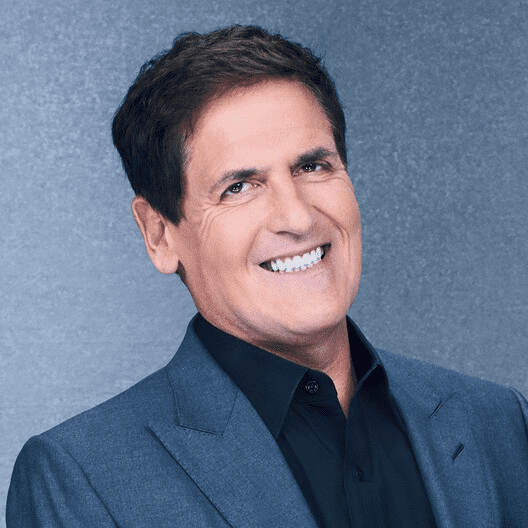
Mark Cuban is an entrepreneur, investor, and media personality. He is best known as the owner of the Dallas Mavericks, a professional basketball team in the National Basketball Association (NBA), and as a judge on the television show “Shark Tank,” where he and other successful businesspeople evaluate the viability of pitches from entrepreneurs seeking investment. Cuban has had a successful career as an entrepreneur and investor and has founded or co-founded several successful companies, including Broadcast.com and HDNet. In addition to his business ventures, Cuban is known for his philanthropy and support for various causes, including education and animal welfare.
- “Principles” is a self-help book written by Ray Dalio in 2017. It offers a set of principles that Dalio has used to guide his personal and professional life and that he believes can help others achieve success. The book covers various topics, including productivity, decision-making, leadership, and personal fulfillment.
- “The Innovator’s Dilemma” was a business book by Clayton Christensen in 1997. It discusses the challenges companies face when deciding whether to adopt new technologies or stick with their existing products and business models. The book argues that companies can sometimes be too successful inle to adapt to new technologies and may need to embrace disruption to stay competitive.
- “The Power of Broke” is a business book by Daymond John in 2016. It discusses the benefits of starting a business with limited resources and how being “broke” can be an advantage for entrepreneurs. The book offers practical advice and examples of how to turn a lack of resources into a competitive advantage.
- “Self-Made Success” was a self-help book by Shaan Patel in 2020. It offers practical advice for success in business and life and includes chapters on goal-setting, productivity, and personal branding.
Elon Musk
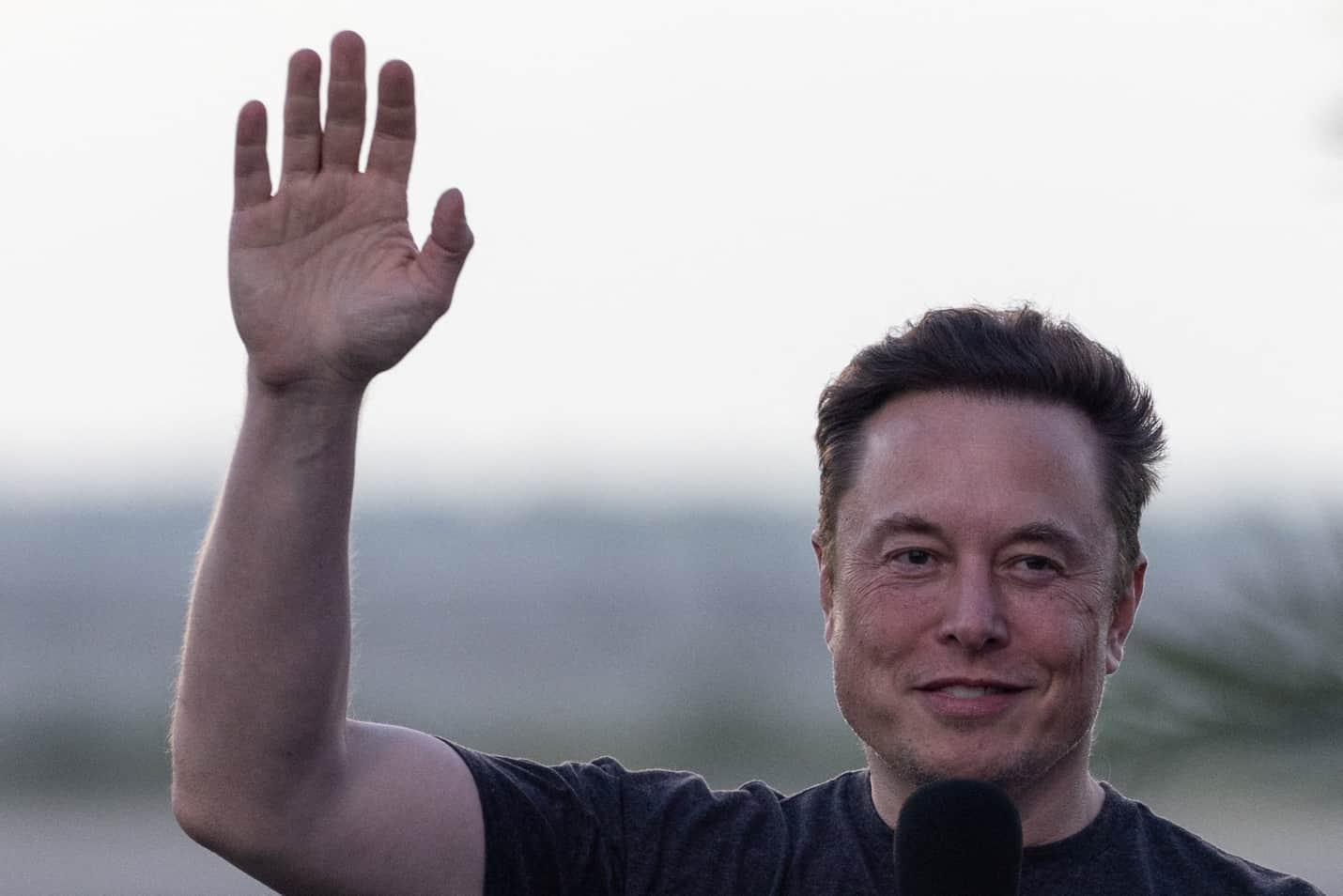
Elon Musk is known for his innovative thinking and interest in various topics. He has recommended several books over the years that he believes can be valuable for small business owners. Some of the books that he has mentioned as being particularly influential or exciting include:
- “The Art of War” by Sun Tzu: This ancient Chinese military treatise provides insights into strategy and tactics that can be applied to various business situations. Musk has said that he found the book “fascinating” and that it has “lots of good ideas.”
- “The Hitchhiker’s Guide to the Galaxy” by Douglas Adams: This science fiction novel is a classic of the genre and is known for its wit and humor. Musk has said that he finds the book “hilarious” and that it “teaches you not to take yourself too seriously.”
- “The Founder’s Dilemma” by Noam Wasserman: This book examines founders’ challenges when building and growing a business and offers practical advice for navigating these challenges. Musk has said that he found the book “really interesting” and that it “has a lot of good insights.”
- “Zero to One” by Peter Thiel: This book provides practical advice for entrepreneurs looking to build and scale a successful business. Musk has called it “a fantastic book” and said it “has some great insights.”
- “The Innovator’s Dilemma” by Clayton M. Christensen: This book examines companies’ challenges when trying to innovate and stay ahead of the curve. Musk has said that it is “an essential book” and that it “has some great insights.”
Overall, these are just a few examples of the many books that Elon Musk has recommended over the years. He has a wide range of interests and is always looking for new ideas and insights to apply to his work and life.
Daymond John

Daymond John is a successful entrepreneur and investor who has recommended several business books over the years that he believes can be valuable for young small business owners. Some of the books that he has mentioned as being particularly influential or exciting include:
- “Think and Grow Rich” is a self-help book by Napoleon Hill in 1937. It is based on the idea that an individual’s thoughts and beliefs can shape their reality and that by harnessing the power of positive thinking, it is possible to achieve success in any area of life. The book offers practical advice and techniques for developing a positive mindset and achieving personal and financial success.
- “How to Win Friends & Influence People” is a self-help book by Dale Carnegie in 1936. It teaches readers how to build relationships and influence others through effective communication, persuasion, and leadership skills. The book has become a classic in the self-help genre and is widely considered among the best books on interpersonal communication and relationship-building.
- “Who Moved My Cheese?” is a short business parable by Spencer Johnson in 1998. It tells the story of two mice and two “little people” searching for cheese, a metaphor for happiness and success. The book is meant to guide dealing with change and the uncertainty it can bring.
- “Blue Ocean Strategy” is a business book by W. Chan Kim and Renée Mauborgne in 2005. It offers a framework for creating and capturing new market space, or “blue oceans,” rather than competing in existing markets or “red oceans.” The book argues that companies can achieve tremendous success by focusing on innovation and differentiation rather than competing on price and other traditional business metrics.
- “The One Minute Manager” is a business book by Kenneth Blanchard and Spencer Johnson in 1982. It teaches readers how to be more effective managers by using simple, practical techniques that can be implemented in just one minute. The book is divided into three parts, each focusing on a different aspect of effective management: setting goals, praising and criticizing, and getting things done.
These are just a few examples of the many business books that Daymond John has recommended over the years. He has a wealth of experience as an entrepreneur and investor and is always looking for new ideas and insights that he can share with other small business owners.
Tim Cook
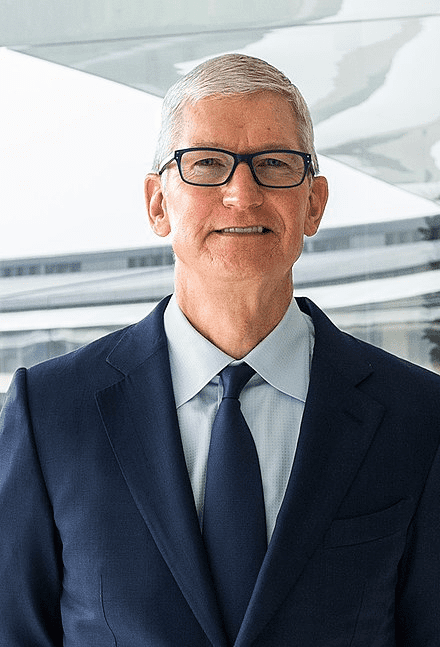
Tim Cook is the CEO of Apple Inc., a multinational technology company that designs and develops consumer electronics, computer software, and online services. Cook had held this position since 2011, when he took over as CEO after the death of Steve Jobs, who co-founded Apple with Steve Wozniak and Ronald Wayne in 1976. Before becoming CEO, Cook had a long career at Apple, serving in various leadership roles in the company’s operations, sales, and marketing divisions. He has been widely credited with helping to sustain and grow Apple’s success in the years following Jobs’s death. Cook is known for his low profile and focuses on social and environmental issues. Various organizations and publications have recognized him for his leadership and business acumen.
Tim Cook has recommended several books over the years that he believes can be valuable for business owners. Some of the books that he has mentioned as being particularly influential or exciting include:
- Mahatma Gandhi was an influential political leader in India who is best known for his philosophy of nonviolence and his role in leading India’s nonviolent resistance movement against British rule. His autobiography, “The Story of My Experiments with Truth,” is a classic work that details Gandhi’s life and his ideas about truth, nonviolence, and social justice.
- “March” is a graphic novel trilogy written by John Lewis and Andrew Aydin and illustrated by Nate Powell about the civil rights movement in the United States. It tells the story of John Lewis’s experiences as an activist and leader in the civil rights movement, including his participation in the historic march from Selma to Montgomery, Alabama, in 1965.
- “Competing Against Time” is a business book by Jr. George Stalk and Thomas M. Hout. It discusses the importance of time in business and how companies can gain a competitive advantage by using time effectively.
- “Bobby Kennedy” is a biographical book about Robert F. Kennedy, the younger brother of President John F. Kennedy and a prominent figure in American politics. The book, written by Larry Tye, explores Kennedy’s life and career, including his time as Attorney General under his brother’s administration and his campaign for the presidency in 1968.
Overall, these are just a few examples of the many books that Tim Cook has recommended over the years. He has a wide range of interests and is always looking for new ideas and insights to apply to his work and life.
Conclusion
The above business books are recommended for severe entrepreneurs or small businesses. This is how good companies will stay relevant in 2023.


